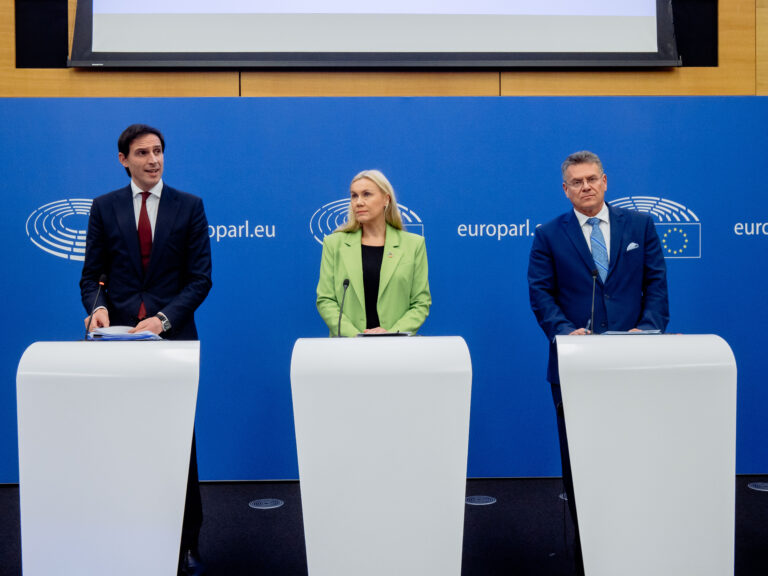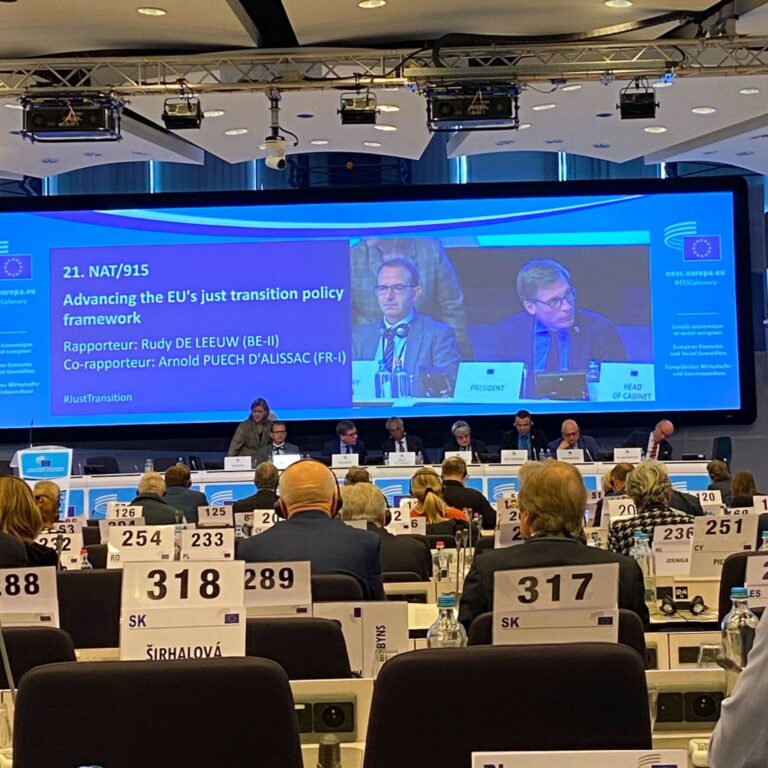Joint Statement – Linking public support to social and environmental conditions
SOLIDAR joins the members of the Fiscal Matters coalition and other stakeholders in signing a statement on social and environmental conditions across EU funds, state aid and public procurement.These conditions are essential to create a level playing field between member states, reduce economic divergence, guard against subsidy shopping and rent-seeking behavior and improve the quality and effectiveness of public investments.
Public funding to private companies should include appropriate
conditions
Public funds to support or procure goods or services from companies – whether through state aid, public procurement or other transfers and whether through national or EU funds – should be tied to clear additional tangible benefits for people, workers and the environment. Subsidies-shopping by large companies operating in several member states undermines the level-playing field, raises the cost of industrial policy for each member state and increases divergence of economic performance between member states. A number of Europe-wide minimal harmonised conditions would establish a level-playing field between member states.
We are calling to streamline core social and environmental conditions across sectors and tools. The integration of environmental protection requirements and the promotion of a high level of employment, adequate social protection, the fight against social exclusion, and a high level of education, training and protection of human health in the EU policies and activities are enshrined in the EU Treaties (articles 9 and 11 TFEU). That principle should now be operationalised and applied transversally for the different legal tools (public procurement, state aid, etc.). Member states should agree on a minimal set of pre-conditions that should apply whether the funds
come from national budgets, EU funds, tools regulated via EU laws such as public procurements, state aid, tax benefits, export credit and any other tool to de-risk private investments. They include:
- Strict respect for the do no significant harm (DNSH) principle and implementing guidelines or criteria.
- Existence of a publicly available transformation plan at installation-level (as already required under the Industrial Emissions Directive), to increase energy and resources efficiency and shift processes towards phasing out fossil fuels, including through a switch to renewable energy sources as a priority.
- Compliance with minimum social and labour standards (as is already the case to benefit from the subsidies of the Common Agriculture Policy), in particular:
- Companies engage in collective bargaining and respect collective agreements;
- Companies support upskilling and reskilling of workers.
- Companies do not relocate their activities to third countries with lower standards, including for reasons of tax avoidance and evasion.
- All multinational corporations should evidence responsible tax behaviour5 and should publish a full public country by country report annually, at least as comprehensive as the Global Reporting Initiative reporting template.
Depending on the type of instruments (equity, loan, grant, etc), governance structure and goal at stake, complementary incentives should be introduced such as giving priority access6 and/or financial bonuses when additional criteria are being met. Finally, the EU could consider developing a profit sharing mechanism in case of excess profits by firms benefiting from public support.
You can download the full statement and see the list of signatories in the pdf below.





